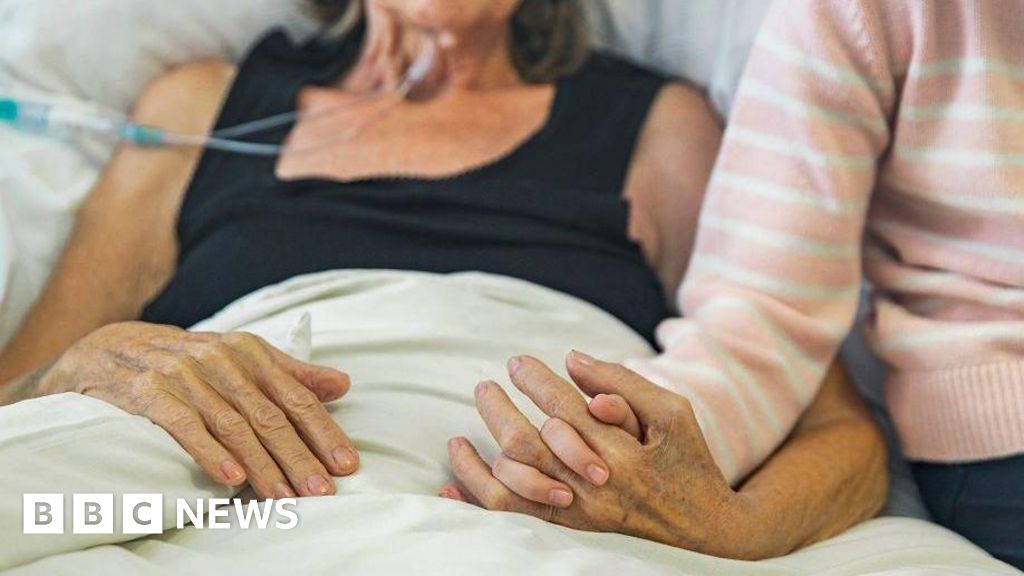People who experience sleep apnea may be more likely to also have memory or thinking problems, according to a preliminary study released today, March 3, 2024, that will be presented at the American Academy of Neurology’s 76th Annual Meeting taking place April 13-18, 2024, in person in Denver and online. The study shows a positive association but did not determine whether sleep apnea causes cognitive decline.
Sleep apnea is when people stop and restart breathing repeatedly during sleep which can lower oxygen levels in the blood. Symptoms include snorting, gasping and breathing pauses. People with the disorder may also experience morning headaches or have trouble focusing on tasks.
“Sleep apnea is a common disorder that is often underdiagnosed, yet treatments are available,” said study author Dominique Low, MD, MPH, of Boston Medical Center in Massachusetts, and a member of the American Academy of Neurology. “Our study found participants who had sleep apnea symptoms had greater odds of having memory or thinking problems.”
The study involved 4,257 people. Participants completed a questionnaire asking about sleep quality as well as memory and thinking problems. For sleep, participants were asked about snorting, gasping or breathing pauses in their sleep. For memory and thinking, participants were asked questions related to difficulty remembering, periods of confusion, difficulty concentrating or problems with decision making.
Of all participants, 1,079 reported symptoms of sleep apnea. Of those with symptoms, 357 people, or 33%, reported memory or thinking problems compared to 628 people, or 20% of people without sleep apnea symptoms.
After adjusting for other factors that could affect memory and thinking problems, such as age, race, gender and education, researchers found that people who reported sleep apnea symptoms were about 50% more likely to also report having memory or thinking problems compared to people who did not have sleep apnea symptoms.
“These findings highlight the importance of early screening for sleep apnea,” said Low. “Effective treatments like continuous positive airway pressure (CPAP) machines are readily available. Quality sleep, along with eating a healthy diet, regular exercise, social engagement and cognitive stimulation, may ultimately reduce a person’s risk of thinking and memory problems, improving their quality of life.”
Limitations of the study include that the data was sourced from one survey and participants reported their symptoms instead of being assessed by medical professionals. Additional studies are needed following people’s sleep apnea, memory and thinking symptoms over time.


